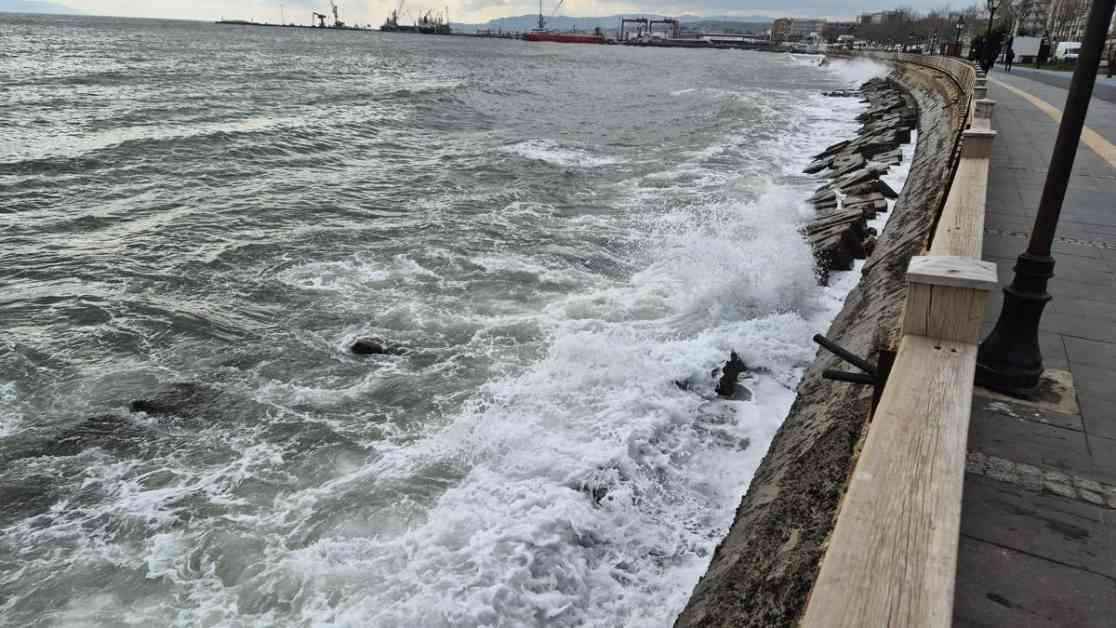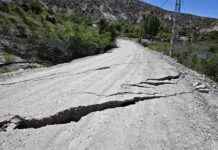Marmara Deniz Ulaşımında Poyraz Engeli
Marmara Denizi’nin Tekirdağ kıyılarında etkili olan poyraz rüzgarı, deniz ulaşımını olumsuz etkiledi. Fırtınanın şiddetini artırmasıyla birlikte, Tekirdağ’da balıkçılar denize açılmak yerine teknelerini limana çekti. Açık denizde bulunan uluslararası yük taşımacılığı yapan büyük gemiler ise Tekirdağ açıklarına demirleyerek hava şartlarının düzelmesini beklemeye başladı. Şiddetli rüzgar ve dalgalar nedeniyle deniz ulaşımında aksamalar yaşanırken, bölgede hava şartlarının ilerleyen saatlerde etkisini sürdüreceği belirtildi.
Expert Insights on Maritime Navigation Challenges
Maritime experts emphasize the challenges posed by adverse weather conditions on maritime navigation, particularly in the Marmara Sea. Captain Ahmet Yılmaz, a seasoned sailor with over 20 years of experience, sheds light on the specific difficulties faced by sailors during strong winds and rough seas. “Navigating through the Marmara Sea during a poyraz storm requires exceptional skill and caution to ensure the safety of both crew members and cargo,” Captain Yılmaz explains.
Impact on Local Fishermen and International Shipping
The poyraz wind’s impact on local fishermen in Tekirdağ is profound, as they are forced to dock their boats in the harbor instead of venturing out to sea. This not only affects their livelihood but also highlights the inherent risks associated with fishing in turbulent waters. Meanwhile, international cargo ships anchored off the coast of Tekirdağ await improved weather conditions before resuming their journeys. The disruption caused by severe winds and waves underscores the vulnerability of maritime transportation in the face of natural elements.
Navigating Through Adverse Weather Conditions
Navigating through the Marmara Sea during poyraz storms presents a unique set of challenges for sailors and ship crews. The fluctuating winds and unpredictable waves require constant vigilance and strategic maneuvering to ensure the safety of vessels at sea. Captain Yılmaz emphasizes the importance of proper navigation techniques and real-time weather monitoring to mitigate risks during adverse weather conditions. “Communication between ships, adherence to maritime regulations, and quick decision-making are crucial in navigating through challenging weather conditions,” he advises.
In conclusion, the poyraz wind’s impact on maritime navigation in the Marmara Sea serves as a reminder of the unpredictable nature of the sea and the resilience required to navigate through adverse weather conditions. From local fishermen to international cargo ships, all seafarers must adapt to the ever-changing marine environment to ensure safe and efficient transportation across the sea. While challenges may arise, it is the skill, experience, and dedication of sailors that enable them to overcome obstacles and continue their journey on the open waters.













